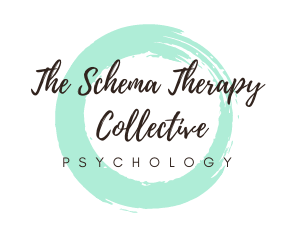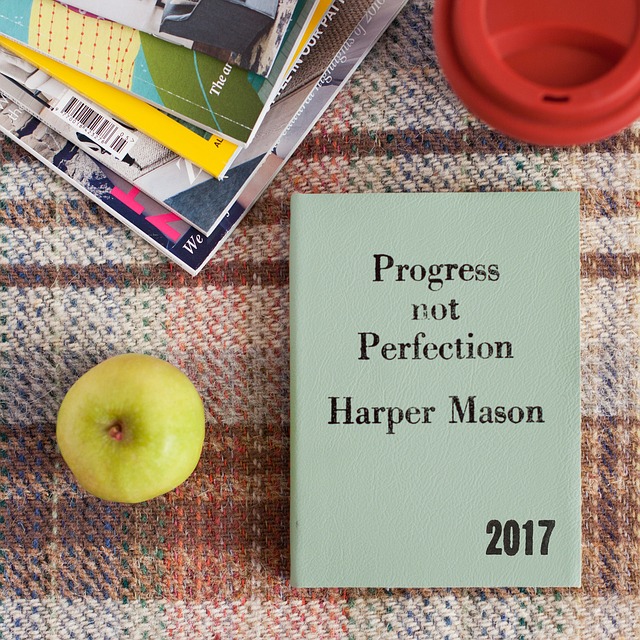Do you feel under pressure to do things to a high standard but are rarely satisfied with the outcome? Do you find fault in nearly everything you do? Do your accomplishments fail to give you a sense of achievement or pleasure and instead you are looking to the next target? Or perhaps you find it difficult to relax and slow down and constantly focus on tasks and performance.
If so, it’s possible you have the unrelenting standards schema.
Many people think unrelenting standards are the same as perfectionism, and therefore may not believe they have a problem related to unrelenting standards because they do not focus on typically perfectionistic things such as attention to detail, immaculate grooming, and an immaculately presented home. But in fact, unrelenting standards can play out in a variety of ways.
The unrelenting standards schema is defined as
“the underlying belief that one must strive to meet very high internalized standards of behavior and performance, usually to avoid criticism. Typically results in feelings of pressure or difficulty slowing down; and a hypercritical nature toward oneself and others. Must involve significant impairment in: pleasure, relaxation, health, self-esteem, sense of accomplishment, or satisfying relationships.
Unrelenting standards typically present as:
a. perfectionism: inordinate attention to detail, or an underestimate of how good one’s own performance is relative to the norm;
b. rigid rules and “shoulds” in many areas of life, including unrealistically high moral, ethical, cultural, or religious precepts;
or
c. preoccupation with time and efficiency, so that more can be accomplished.”
The impact of the unrelenting standards schema can be significant, leading to exhaustion, burnout and, difficulty experiencing joy and having fun. This can lead to relationship problems. Some people with this schema may also be hyper-critical of others.
However, the behaviours associated with unrelenting standards, especially at work, can be highly rewarded, and this makes it difficult to change, or recognize the longer term problems associated with it.
Because this schema usually develops as a mechanism to avoid criticism, it can be scary to work on it. Unrelenting standards is often a by product of other schemas such as emotional deprivation, defectiveness/shame and failure.
The key to reducing the impact of unrelenting standards is understanding the cost of this schema on your health and happiness. Following this learning how to more accurately assess the impact of mistakes and imperfection and adjusting unrelenting standards to high standards.
For information about how to reduce the impact of unrelenting standards schema, there is an excellent chapter in the book Reinventing Your Life by Jeffrey Young and Janet Kosko.


